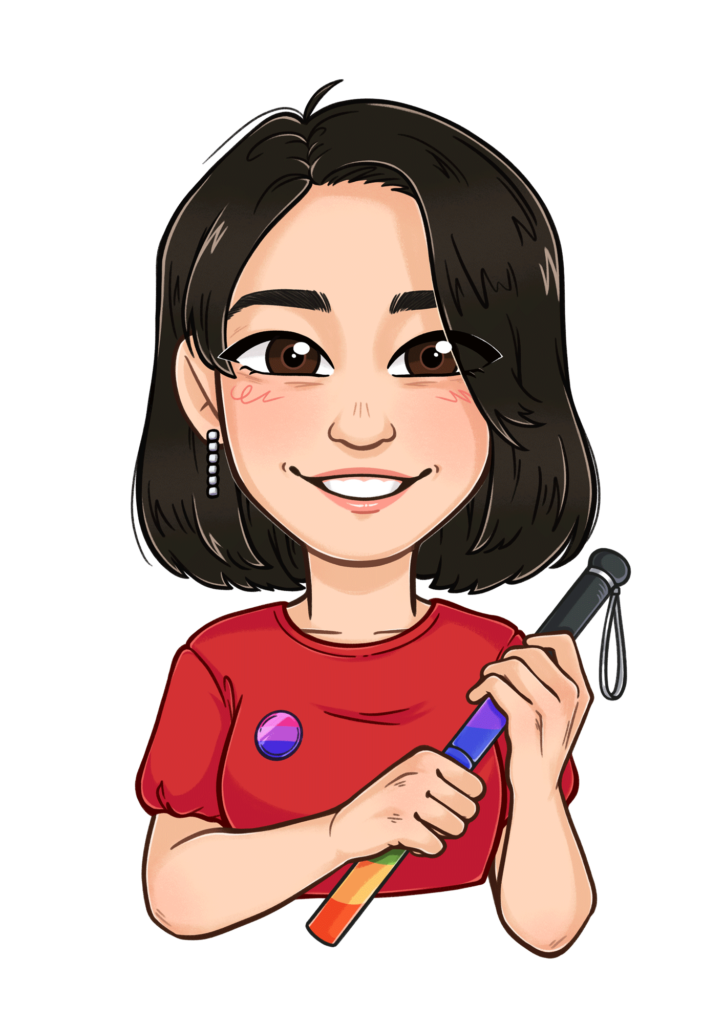Early last year, I was attempting to draft an essay when I realized something: I was at the height of my university experience, I had gotten to where I wanted to be, yet I was miserable. The pandemic was in full swing, and the illness of a family member had thrown my plans and life goals into such stark perspective that I felt dizzy from it. Dissatisfaction was a continuous motif, and I knew, sitting there with a blank document in front of me, that something needed to change. When you’re fighting expectation, generational norms and your own internalized pendulum of failure, it felt like an impossible hill to climb.
For a while, I thought I had done something wrong. All my friends, each successive person around me, seemed to thrive off academia. I would get into discussions with people over how interesting they thought such and such a book was, how they loved this critical reading, and I would smile along and pretend I wanted to be there. It took me several more months to understand that maybe I wasn’t the problem; maybe academics, despite years of conditioning making me believe the contrary, were not the only key to success. If I was unhappy, persevering through an English Literature degree which brought me no joy didn’t have to be the answer.
I had already tried deferring, changing modules, changing attitudes and all I had gained from it was a deeper understanding that none of this was right for me. Why should I throw away my own happiness for some perceived benchmark of success?
The most terrifying part of change is not necessarily the application of it. It’s telling people that your life will be different from now on, justifying your sudden departure from what everybody thought was your ultimate ambition. First came my parents and then my housemates, my friends, the wider circle of people who would be impacted. Strangely enough, telling my university was the easy part; I knew that I wanted and needed to leave, that my mind was set on this decision. However, after years of just floating along and believing vague contentment was the only highest bar I could reach, striking out was stepping so far into the unknown that I didn’t understand how to move forward at first. I may be an actor, but this stage was the most unfamiliar one I had ever stepped upon.
Once all my paperwork had been finalized, it felt like my whole world was lighter. I no longer felt this immense pressure to perform or to maintain my mask; I could finally breathe and figure out what I wanted to do with the rest of my life. I was able to look forward to the future, to making more of a defined and full career out of acting, freelancing and anything else I felt like I wished to try. Without my fear of disappointing those around me holding me down, I was able to start creating the life I never thought was reachable before. You really don’t know what you’re capable of until those options become more than just a speck on the horizon.
If you’re struggling with this kind of monumental life decision, there is no shame in modifying your future to better reflect who you are. As people, we are constantly adapting and what may have felt right three years ago, for instance, isn’t necessarily what will feel right, now. For years, I firmly believed that any kind of deviation from what was expected of me meant that I had failed or, simply, that I hadn’t tried hard enough. Now that I’ve leapt into unknown territory, I realise that life feels much more worthwhile when you’re passionate about what you do, when you truly love it and can talk about it with a genuine smile. If what you’re doing doesn’t allow for that, the most freeing choice you can make is to change it. That doesn’t make you a failure; it means you’ve learned a lot more about yourself. Part of the human experience is knowing how to prioritise your own happiness, after all!

